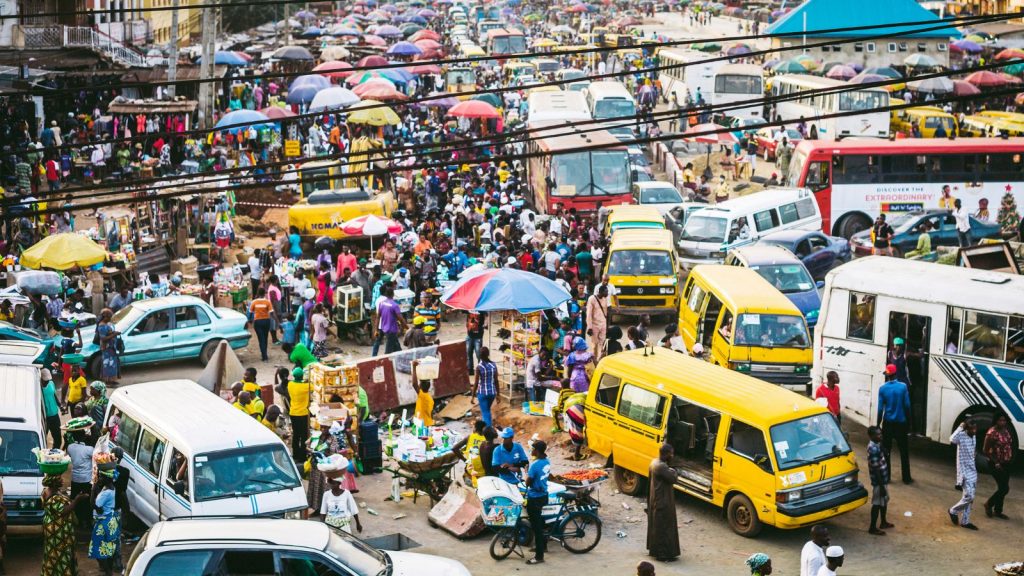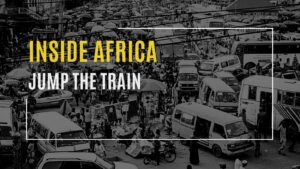
When Vitens Evides International first went to Tanzania to offer Water Operator Partnerships with Tanzanian Water Authorities I was privileged to be the initiator having received a strategic expression of interest in Tanzania from Gerhard van den Top, the then CEO. At that time the Director of MORUWASA, Morogoro Water Authority, planned for me a meeting with the then Minister of the Tanzanian Ministry of Water to inform him of a Tanzanian-Dutch partnership. Twice we drove to Dar es Salaam to meet the Minister and each time we were ‘unlucky’.
‘Unlucky’, or were we given speculative opportunities to miss so that our approach would be purposefully met with hierarchal waiting tactics? I am struggling to describe what hierarchal waiting is because it is not a formal procedure, but many will have experienced this, and it definitely exists. The more determined we were to meet the Minister the more evasive a meeting with him seemed to be. And yet, we knew that it was necessary to meet him because, in the public sector in Africa, all decisions are made by superiors and then passed down to employees. For Water Operator Partnerships to work in Tanzania we needed the approval of the Minister. Rushing down to Dar es Salaam, a 4 to 5 hour drive, to be ‘unlucky’ a third time was another disappointment we did not want to go through again. The situation had to change. Shortly after the last failed attempt to see the Minister in Dar es Salaam, at a management meeting in Morogoro, I stood up and declared: We will not need to go to Dar es Salaam again to see the Minister, the Minister will come to Morogoro. Five days later the Director and I were sitting next to the Minister eating dinner in a hotel restaurant in Morogoro talking about the Tanzanian-Dutch partnership. We don’t like the waiting, but sometimes it is truly worth it.
A 4-hour wait is definitely not an unusual length of time to endure before meeting someone at Director level, or higher, in Africa. In my large handbag I always carry a bottle of drinking water, a book or documents to read, or something to study. The first time I waited 4 hours with nothing to do, was the last time I would wait unprepared.
Ten years of visiting and staying in Tanzania has taught me that Africans value social interactions, social acceptances, and social status as most important in their life compared to sticking to schedules of official duties. Social status partly depends on the nature of the social interactions a person has with their immediate neighbours, and not with being time conscious. In rural areas this is unquestionably recognisable, however, in the cities there is a modern way of thinking that is changing Africa to value time as being important. Those ten years have influenced me to give more time to the things I value the most, and subsequently, to know those things in my life that I value the most.
In about 3 weeks I will be travelling again to Tanzania and I am looking forward to a time of feeling the warmth of the sun soaking into my bones, taking time to catch up with valued contacts, and, to discuss with superiors the face of modern Africa.
Hopefully in my next blog I can write about that – the face of modern Africa. The years the west spent researching and developing in modern technology (information, medical, educational, business, manufacturing, logistics and planning, etc.) is time and money that Africa does not have to spend. Africa can proverbially ‘jump the train’.
Sheila Speed, Business Development Specialist, of Speed InterLink for World Trade Center Leeuwarden.

Previous blog

BLOG | Inside Africa | The Business Friend
The first time I was called friend in Africa I was pleasantly surprised and flattered that someone who did not really know me could start the contact already at
Next blog

BLOG | Inside Africa | Jump the train
Two weeks of feeling the warmth of the sun at 31 degrees Celsius soaking into my bones and taking time to catch up with valued contacts in Tanzania has